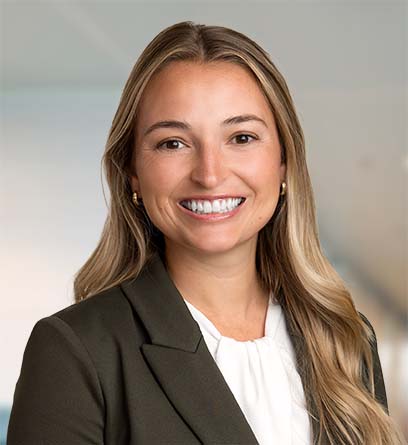The U.S. Securities and Exchange Commission (SEC) recently issued proposed rules governing SPACs (special purpose acquisition companies) that would, among other things, increase SPAC disclosure requirements in an effort to protect investors. 1
Since their boom in 2020, SPACs have had a tumultuous history riddled with low-performance post-merger and an array of shareholder litigation. The SEC intends for the proposed rules to provide additional investor protections during SPAC IPOs and during the merger with a private target company (de-SPAC transaction) and more fully parallel the de-SPAC transaction regulations with those of a traditional IPO. 2
The proposed rules would (i) increase disclosure requirements; (ii) subject target companies and underwriters to potential liability; (iii) eliminate the safe harbor for future projections; and (iv) provide clarification on steps SPACs can take so as to not be considered an investment company, as discussed below:
Disclosure
- Require disclosure of material interests of the sponsors and their affiliates, including the nature and amounts of all compensation paid to the sponsor and its affiliates so investors can more carefully understand how the interests of the sponsors may differ from those of the investors.
- Require disclosure regarding conflicts of interest of the sponsors, including the payment structure and any interests the sponsor may have to complete a de-SPAC transaction, even if on unfavorable terms.
- Require disclosure regarding the potential for future dilution, including as part of PIPE financing or as part of the terms of the de-SPAC transaction.
- Require affirmation by the SPAC that the terms of the merger and any related financing to complete the deal are fair to all investors.
Liability
- Treat target companies as co-registrants on the registration statements filed by the SPAC in connection with the de-SPAC transactions, which would make the target company liable on any misleading disclosures.
- Clarify that an underwriter in a SPAC IPO may be deemed an underwriter in the de-SPAC transaction if it takes steps to facilitate the de-SPAC transaction or any related financing transactions, or otherwise participates in the de-SPAC transaction, which exposes underwriters to potential liability if disclosures are inaccurate or misleading in registration statements.
Projections
- Amend the definition of “blank check company,” so that forward looking statements and projections, even those accompanied by cautionary language, would not fall within the safe harbor under the Securities Exchange Act.
Investment Company
- Clarify what steps a SPAC can take to distinguish itself from an investment company (which are subject to additional regulations), which includes meeting the below conditions:
- SPAC IPO proceeds can only be invested in cash, government securities or certain money-market funds;
- SPACs must complete the de-SPAC transaction within 24 months of the SPAC IPO; and
- SPACs will be primarily engaged in the business of the target company after the de-SPAC transaction.
While the increase in disclosure requirements was expected based on prior guidance from the SEC 3, the additional rules regarding liability to target companies and underwriters, as well as, the elimination of the safe harbor for projections, may deter private companies and investment banks from participating in SPACs going forward. Additionally, the clarification on whether a SPAC constitutes an investment company may prove to have an effect on current shareholder litigation in which shareholders allege SPACs acted as an investment company and should be subject to more regulation. While not yet final, the proposed rules provide insight into current SEC thinking on SPACs and how they should be regulated going forward.
Public comments will be accepted for 60 days following publication of the proposing release on the SEC’s website or 30 days upon publication of the proposing release in the Federal Register, whichever is longer.
Check back for updates on rules governing SPACs, and check out a more in depth background on SPACs here.
Haley Kavanaugh and David J. Kaufman are members of Thompson Coburn’s Corporate practice group.
- Proposed rule: Special Purpose Acquisition Companies, Shell Companies, and Projections ↩︎
- FACT SHEET: SPACs, Shell Companies, and Projections: Proposed Rules ↩︎
- SEC urges SPACs to include disclosures of conflicts of interest ↩︎


